
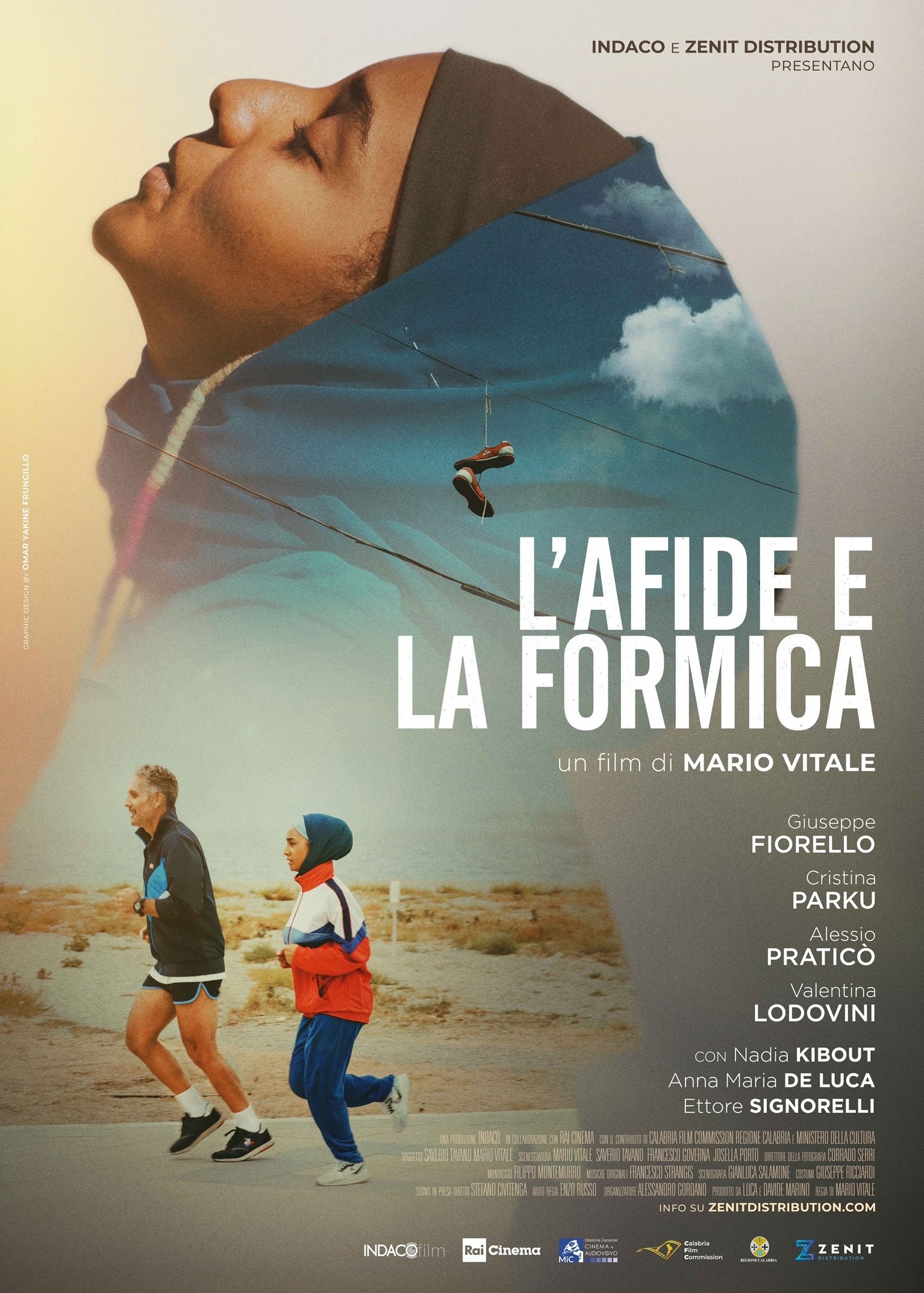
Fatima is 16 years old and wears a veil. Her culture requires it, and her mother Amina imposes it on her. Born in Calabria to Muslim parents, the girl experiences all the conflicts and emotions typical of her age, but feels she is not like her peers: she is closed in her solitude, constantly out of place. Until one day the physical education teacher, Michele Scimone, suggests his students to sign up for the Sant'Antonio Marathon. For Fatima it is the first real opportunity to be seized. But for the teacher, a shy and depressed former runner, tormented by an unresolved past and a failed relationship with Anna, the veil that Fatima wears is a cause of prejudice.
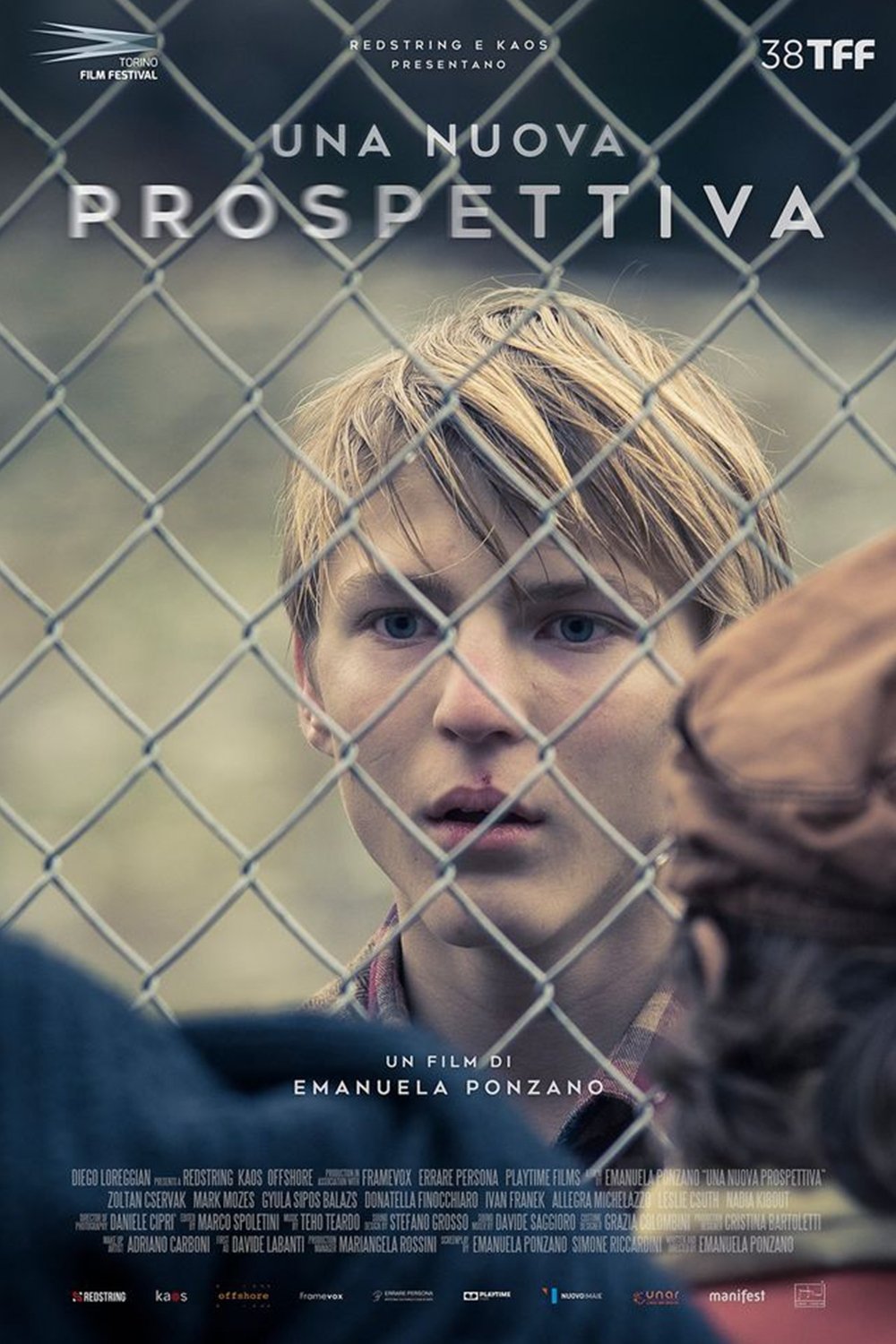
Early one morning, in an unspecified and seemingly far off time, a 12 year old boy, together with some friends, is searching a thick forest for objects of value. There is a lot of fog. The boy goes off by himself to another part of the wood and stands admiring an antique object he has found at the foot of a tree. His happy expression turns to one of curiosity as he is distracted by some high pitched cries which come and go intermittently.
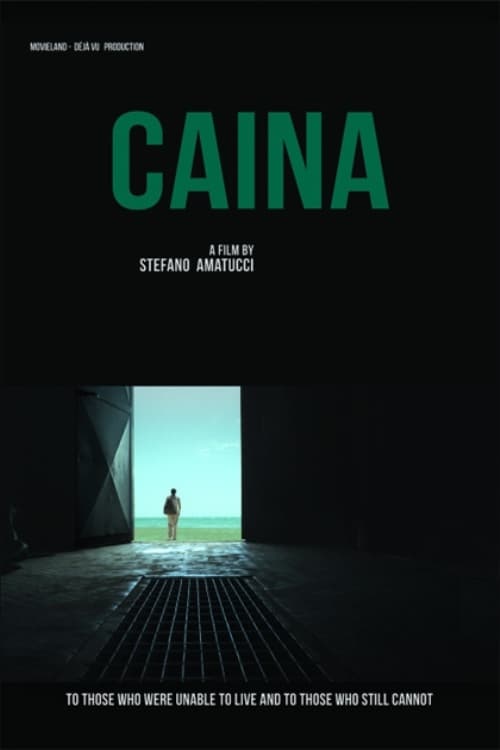
The eponymous protagonist of the film is a former assassin. She is a xenophobic and violent person, her life has always been filled with hate towards those who don’t share the same physical or cultural features; chiefly immigrants and muslims. Her job during the summer is to guard the beach and pick up the corpses of illegal immigrants who have drowned off-shore in their desperate attempt to reach the coast earning petty cash for each body. It’s a lucrative business so she has to face the competition of many illegal corpse-collectors. Nahiri, a Tunisian man, is one of them. He works with a group of illegal immigrants, who snatches the corpses from Caina and sells them in the black market. In order to increase their profit, it is not rare that they drown those who survived but are too weak to fight for their lives. It’s a ruthless business in which, sometimes, the opposites attract.
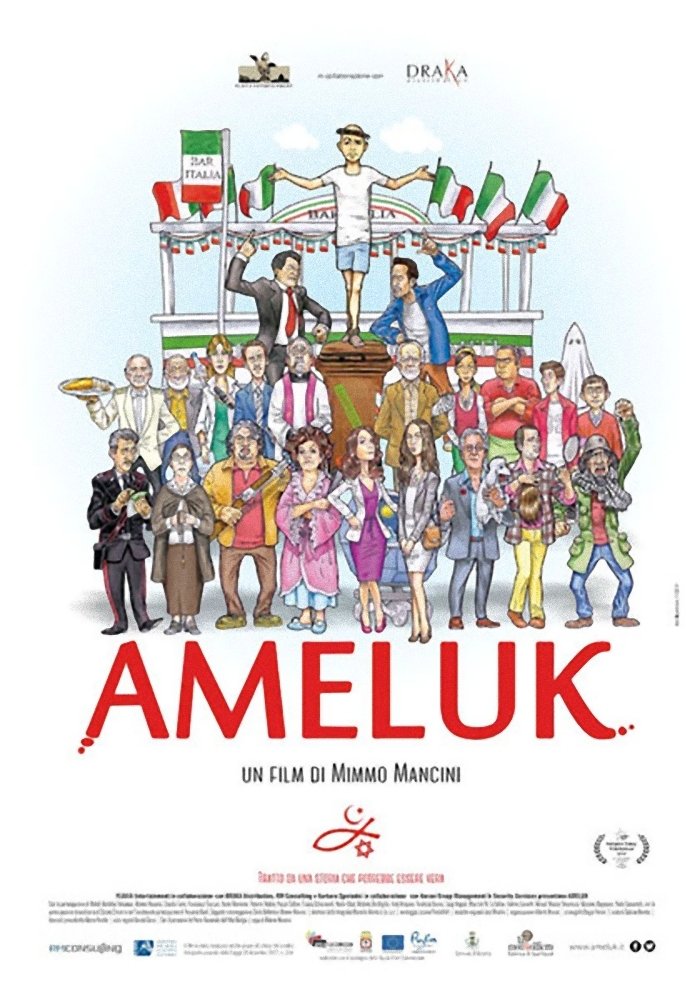
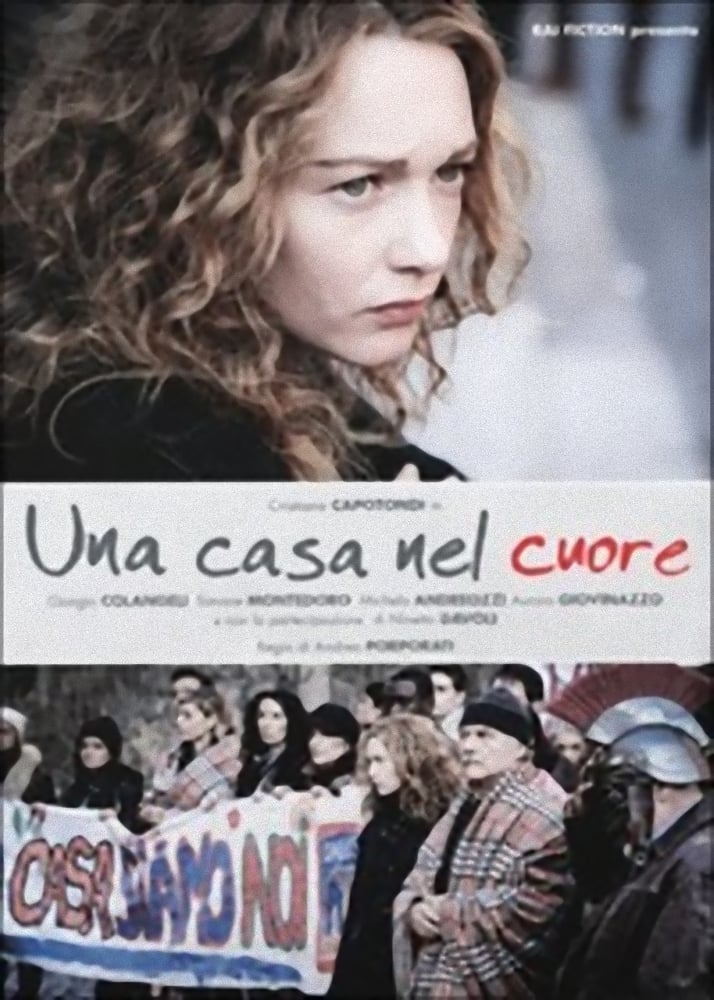
When a man disappears and leaves a daughter and mother in heavy debt they have to live on a houseboat to make ends meet.
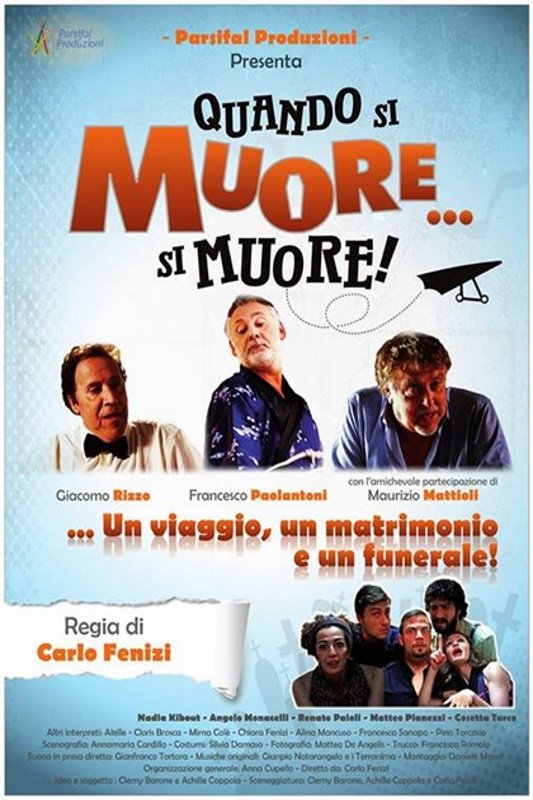
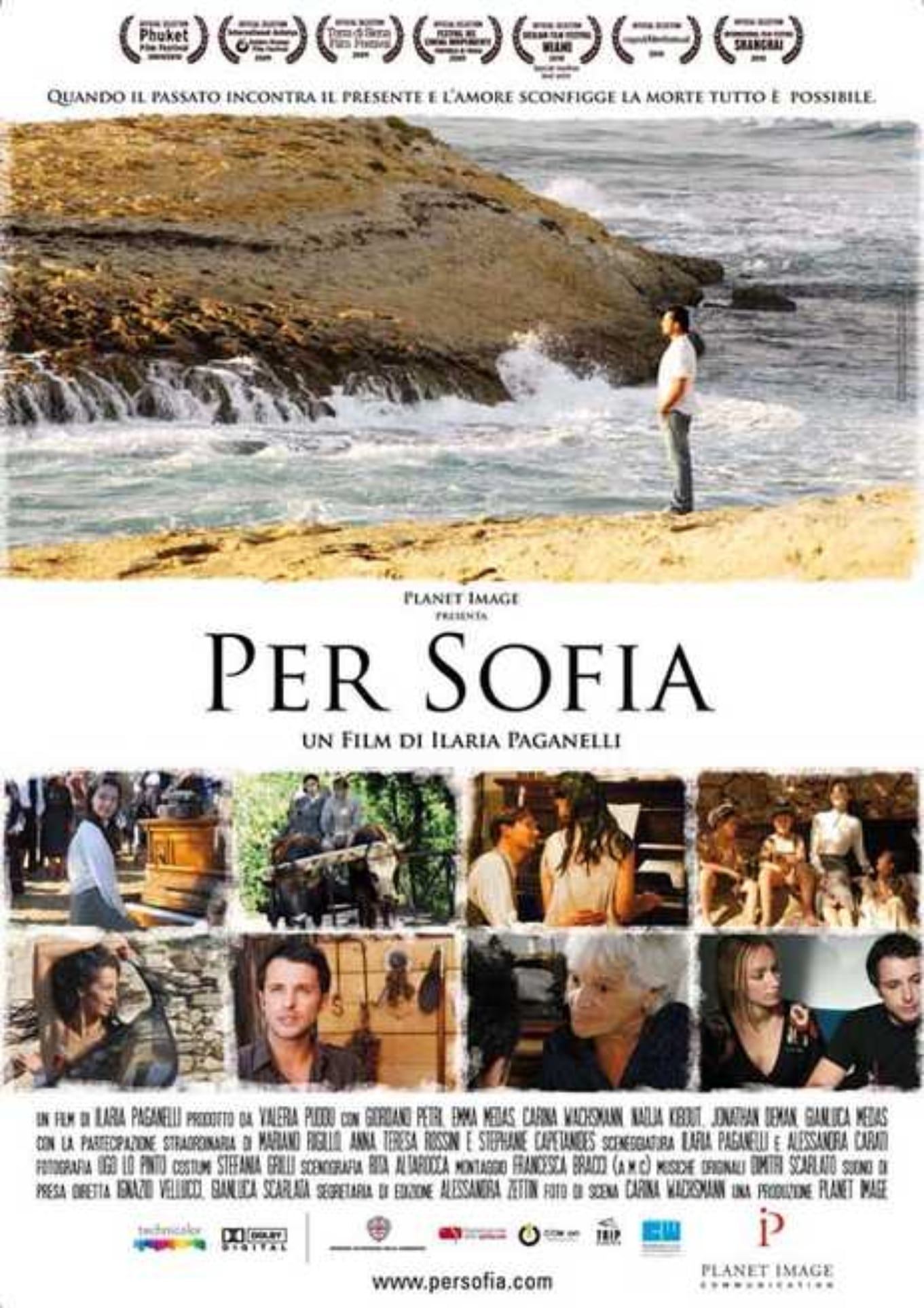
Isaac is a young musician, influenced by his father and his surroundings. He falls into an existential crisis and decides to get distance from his environments and surroundings which are keeping him away from being himself and from fulfilling his dream: to compose. He takes the opportunity to go to Sardinia, to live in S'Archittu, in a house on the cliffs, next to a house that has been unoccupied for a long time. During the 1940's the house was inhabited by a young piano player named Sophia. Isaac discovers her story, and it helps him get inspired and grow personally.
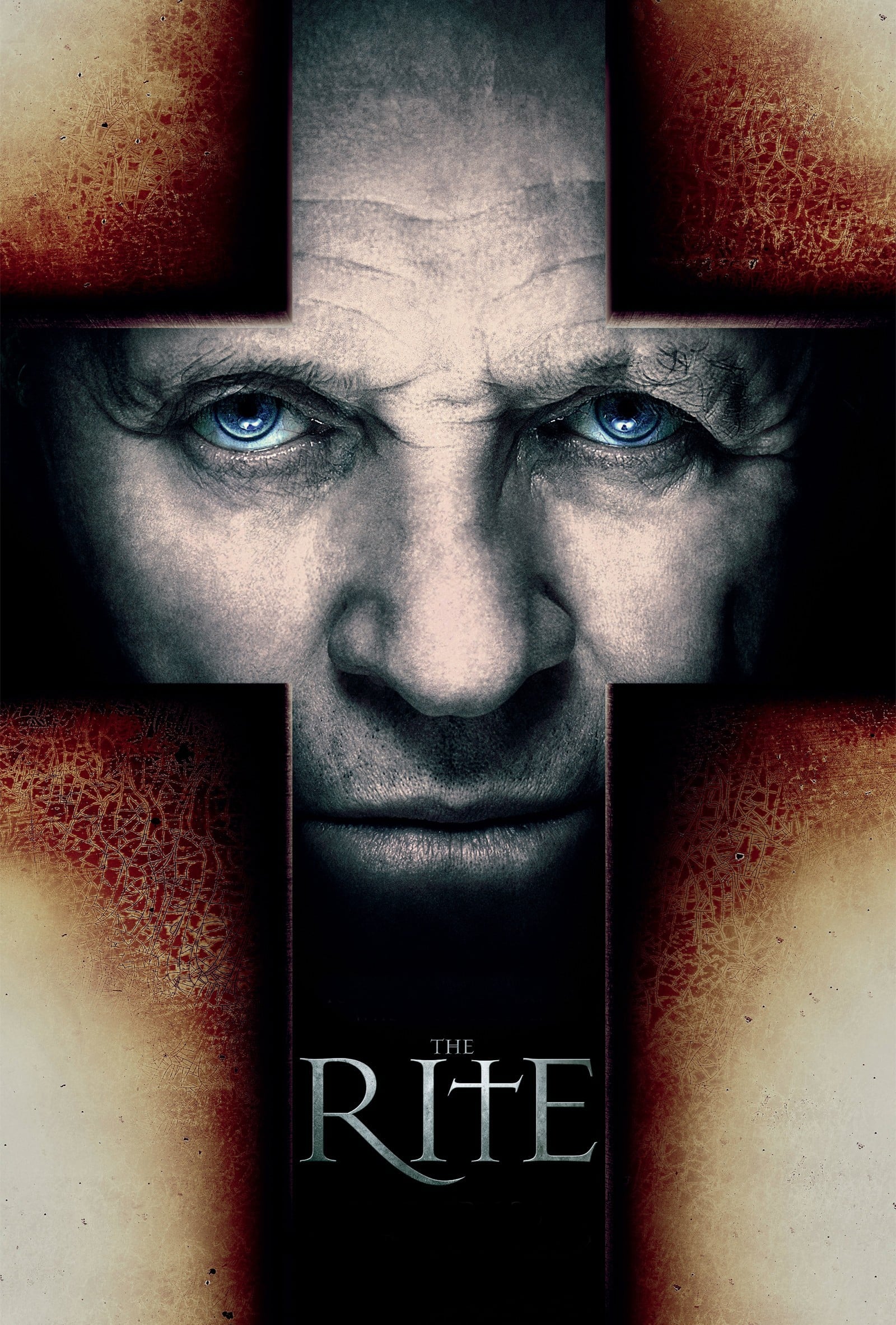
Seminary student Michael Kovak reluctantly attends exorcism school at the Vatican. While he’s in Rome, Michael meets an unorthodox priest who introduces him to the darker side of his faith, uncovering the devil’s reach even to one of the holiest places on Earth.
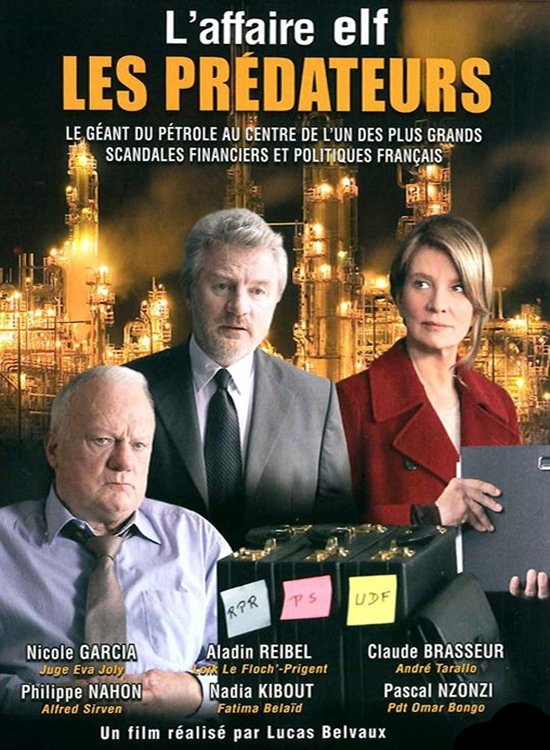
In 1988, supported by François Mitterrand, Loïk Le Floch-Prigent ran for the presidency of Elf. Alfred Sirven, through Christine Deviers-Joncour, introduced him to Roland Dumas. A year later, Le Floch-Prigent was appointed CEO of Elf Aquitaine. Sirven becomes Director of General Affairs at Elf...

In 1988, after much cunning political maneuvering, Loïk Le Floch-Prigent and Alfred Sirven become the chief executives at Elf. They discover a company that runs on kickbacks: in exchange for the oil rights, Elf makes handsome but discreet payoffs to the leaders of African nations. With the tacit complicity of President Mitterrand, and with eventual political and personal interests in mind, the new management takes charge of the slush fund. Within months, Sirven, Le Floch-Prigent and his wife Fatima Belaïd fill their pockets with more than they could ever have imagined.
By browsing this website, you accept our cookies policy.